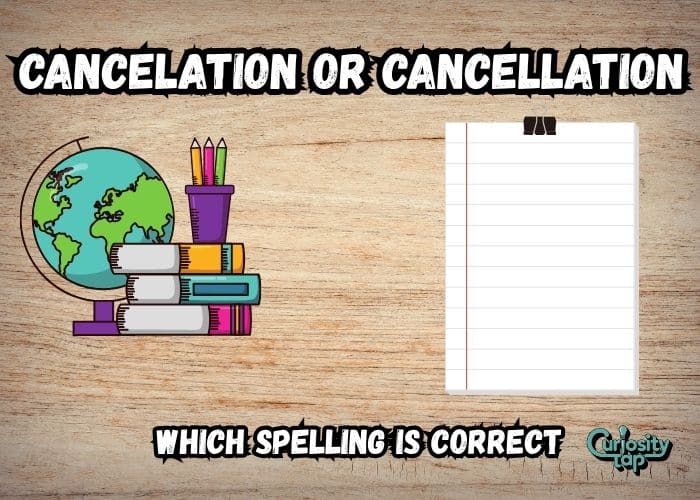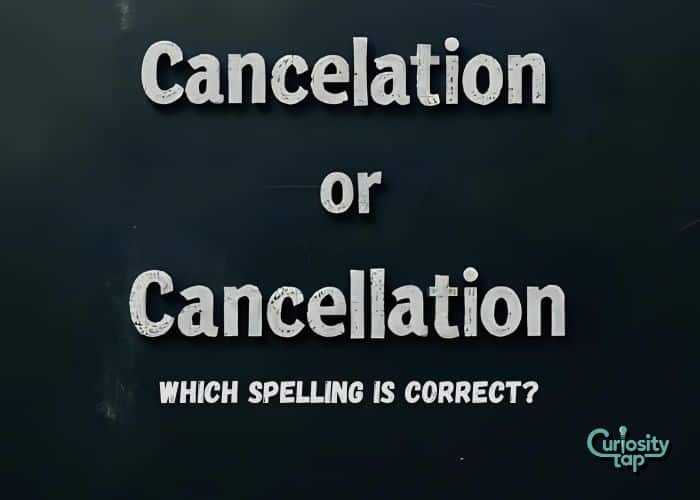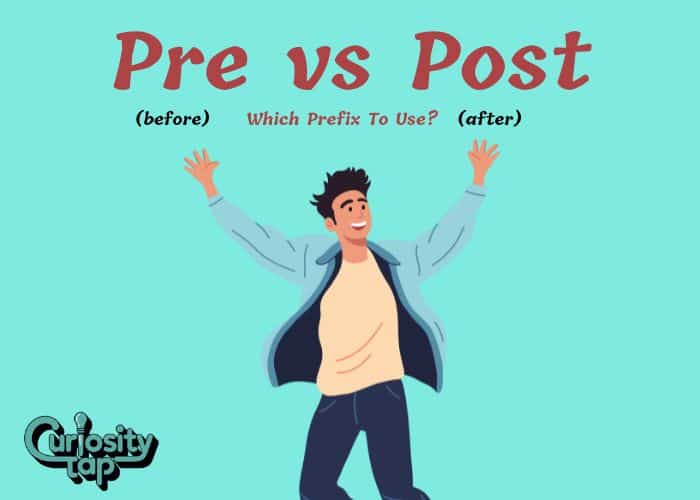English can be tricky even native speakers sometimes hesitate when choosing between similar spellings. One such word that causes confusion: cancellation or cancelation?
If you’ve ever found yourself second-guessing this word in a professional email, social media post, or school paper, you’re not alone. And yes, one is more widely accepted than the other.
In this article, we’ll unpack the difference, look at usage across the globe, and help you avoid spelling errors that could make you seem less credible.
Let’s settle the debate once and for all.
What Is the Correct Spelling: Cancelation or Cancellation?
The short answer: cancellation is the preferred and more widely accepted spelling in modern English.
Both spellings derive from the verb cancel, but the addition of the suffix leads to a spelling divergence rooted in regional usage and historical shifts in the English language.
Which One Is More Common?
According to data from Google Ngram Viewer, the spelling “cancellation” has been consistently more popular than “cancelation” in both American and British English since the early 1900s.
- In British English, cancellation is the only correct form.
- In American English, cancelation exists but is considered non-standard or less common.
📊 Stat Check: As of 2024, the Oxford English Corpus reports that “cancellation” appears 24 times more often than “cancelation” in formal publications.
Why the Confusion Exists
1. The Root Verb: Cancel
Both spellings come from the verb cancel, which means to call off, terminate, or invalidate something. The confusion arises because:
- The root word cancel has a single “L”.
- Adding the suffix “-ation” creates a point of contention over whether the “L” should be doubled.
2. Spelling Rules in American vs. British English
American English tends to simplify spellings. Think of:
- Traveling (US) vs. Travelling (UK)
- Modeling (US) vs. Modelling (UK)
This logic makes some American writers assume that cancelation (with one L) is consistent with this pattern. But even in the U.S., the two-L version dominates.
Real-Life Example: An Email That Raised Eyebrows
Imagine you’re managing a corporate event and you send this email:
“Dear attendees, due to unforeseen weather conditions, the event is subject to cancelation.”
To some readers especially those outside the U.S. that spelling may appear like a typo.
In fact, one of our readers, a marketing manager from London, shared how her boss questioned her professionalism for using “cancelation” in a press release targeting UK clients.
Lesson: Even when “cancelation” isn’t technically wrong, it can appear incorrect or informal damaging your credibility.
Regional Usage: Table Breakdown
| Region | Preferred Spelling | Acceptability of “Cancelation” |
|---|---|---|
| United Kingdom | Cancellation | ❌ Incorrect |
| Canada | Cancellation | ❌ Incorrect |
| Australia | Cancellation | ❌ Incorrect |
| United States | Cancellation | ✅ Correct |
| Cancelation | ⚠️ Less common, informal |
Pros and Cons of Each Spelling
Cancellation
Pros:
- Universally accepted
- Matches major dictionaries (Oxford, Merriam-Webster)
- Professional and formal tone
Cons:
- Longer (12 letters)
Cancelation
Pros:
- Shorter form
- May appear in informal writing
Cons:
- Looks like a typo to many
- Rarely used in formal communication

When Should You Use Each Spelling?
✅ Use cancellation if:
- You’re writing for a global audience
- The content is academic, professional, or published
- You’re based in the UK, Canada, or Australia
⚠️ Use cancelation only if:
- Your audience is exclusively American
- You’re writing something informal, like notes or personal emails
FAQ: People Also Ask
Is cancelation a typo?
Not technically, but it’s considered nonstandard and may be flagged by spellcheck tools in many regions.
Why does cancellation have two Ls?
The double “L” preserves pronunciation when adding the “-ation” suffix. It aligns with British spelling conventions.
Which dictionaries accept cancelation?
Merriam-Webster lists “cancelation” as a variant but notes that “cancellation” is far more common.
What does cancellation mean in law?
In legal contexts, “cancellation” often refers to the nullification of a contract, license, or policy.
Are there other words like cancellation that double the L?
Yes installation, narration, regulation all double the last consonant before “-ation.”
Does spelling affect SEO or digital impressions?
Absolutely. Using nonstandard spelling can affect search engine indexing and make your content seem less trustworthy.
Checklist: Which Spelling Should I Use?
- ✅ Am I writing for a formal or international audience? → Use cancellation
- ✅ Is this a published document or resume? → Use cancellation
- ❌ Is this a quick note to a U.S. colleague? → cancelation might be acceptable
- ❌ Am I unsure? → Default to cancellation
Conclusion: Stick With Cancellation for Clarity and Credibility
Spelling might seem like a small detail, but it shapes how people perceive your professionalism, intelligence, and even your brand.
While cancelation is not wrong in all cases, cancellation is the clear winner in terms of usage, credibility, and correctness.
So next time you’re tempted to drop that second “L,” pause your spellchecker (and your readers) will thank you.
Sources
Sources:
- Oxford English Dictionary. (2024). Cancellation. Retrieved from https://www.oed.com/
- Merriam-Webster. (2024). Cancelation vs. Cancellation. Retrieved from https://www.merriam-webster.com/
Read more knowledgeable blogs on Curiosity Tap
Is this article helpful?

Jackson Pearson is a passionate educator and language enthusiast behind the blog Jackson Pearson. With years of experience in teaching and writing, he specializes in simplifying complex grammar rules, breaking down tricky vocabulary, and crafting learning guides that are both engaging and practical. His mission is to help readers boost their English skills whether they’re beginners or brushing up for fluency. Through every article, Jackson brings clarity, structure, and a spark of curiosity to the world of English learning.



